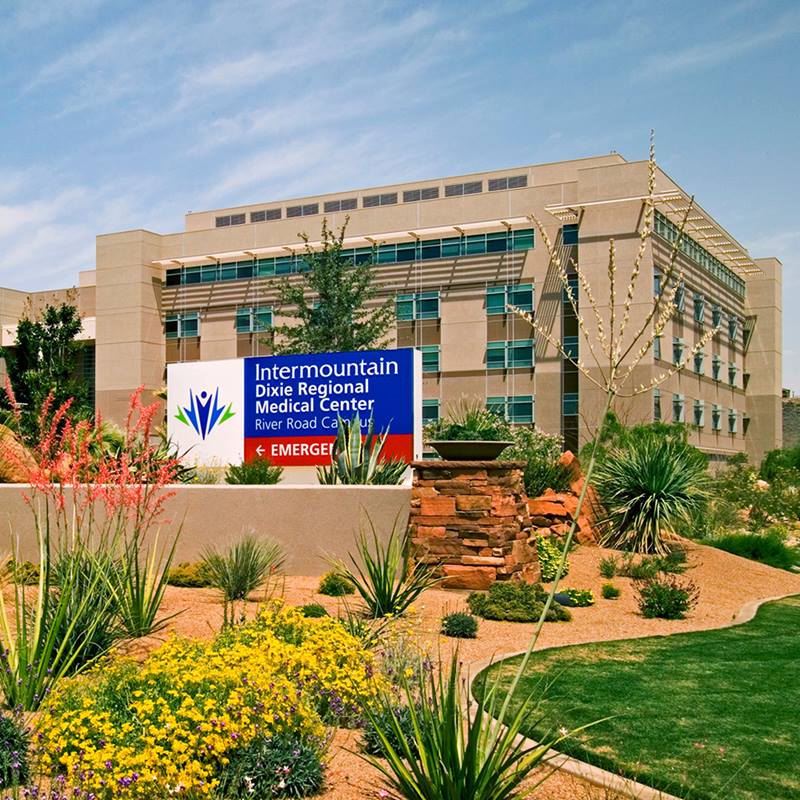Use Intermountain Connect Care®
Learn More.
How can we help?

A primary goal of the center will be to genetically sequence groups of samples from Intermountain’s extensive biorepository. More than four million tissue samples are stored in the biorepository with associated data regarding each respective patient’s diagnosis, treatment and outcome.
“The secrets to how we should treat our patients in the future are locked away in these samples stored from patients of the past,” said Dr. Lincoln Nadauld, Medical Director for Intermountain Precision Genomics. “The Translational Science Center will create a pipeline of genomic information and eventually impact personalized clinical practice. The center will also collaborate with investigators and clinicians inside and outside the network of Intermountain hospitals and clinics to enable their research initiatives.”
Helaman Escobar serves as the Director of Translational Science & Research and said, “There are not too many organizations with the pioneering mindset of Intermountain. We are poised to do something of tremendous impact. It’s very exciting to be part of this from its inception.”
When Dixie Regional’s expansion project is complete next year, the Translational Science Center will be located in the new Intermountain Cancer Center. Until that time, it will operate next door to Intermountain Precision Genomics Clinical Core Laboratory at 292 S. 1470 East in St. George. The first sequencing projects include samples from past pancreatic, breast and colorectal cancer patients.
For more information about Intermountain Precision Genomics, please visit: precisioncancer.org, join the dialog on Facebook (Intermountain Precision Genomics) or follow @precisioncancer on Twitter.